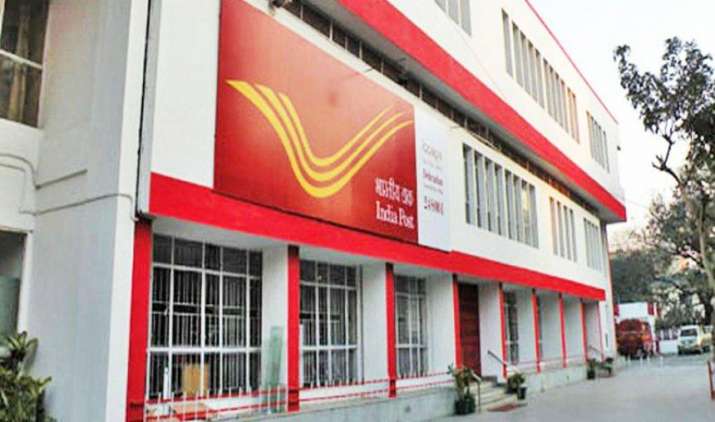Bruhaspati Samal
Having a vast network of 1,56,721 post offices, India Post, the largest postal network in the world, completed its glorious journey of 167 years October 1, 2021. Due to its widespread presence in rural and poor areas, it has not only protected national unity, social cohesion, secular and federal structure and democratic ethos of this sub-continent, but has played a leading role in ensuring access to appropriate financial products and services needed by all sections of the society.
The Government of India introduced Post Office Savings Bank April 1, 1882 to provide access to useful and affordable financial products and services, and promote canvassing of savings of the people so that a poor citizen, even with lowest income, can a get an opportunity to transact and save. Going from manual to digital, Core Banking Solutions (CBS) was introduced in all the 25,487 departmental post offices for providing anywhere, anytime and any branch banking. Banking solution through mobile application and hand-held devices are also provided to the 1,31,113 Gramin Dak Sewak Post Offices. To be more citizen-centric, India Post Payments Bank Limited (IPPB) came into existence with effect from September 1, 2018 in 650 branches and 3,250 access points with the objective to build the most accessible, affordable and trusted bank for the common man, to spearhead the financial inclusion agenda by removing the barriers for the unbanked and to reduce the opportunity cost for the under banked populace through assisted door step banking. The facilities of ATM, Internet and mobile banking have been provided to POSB customers.
To attract the poor and weaker sections of the society for greater financial inclusion POSB General SB account is offering maximum rate of interest @ 4% per annum without any change since December 1, 2011. There is no change in rates of interest in all other National Small Savings Schemes since April 1, 2020 till date. Even the Central government has declared no change in the rates of interest in various National Small Savings Schemes for the present quarter ending December 2021, which is attracting the vulnerable groups to financial exclusion and the section of the society whose financial status has been seriously affected during the COVID-19 pandemic. During lockdown 1.0, India Post has carried out over 23 lakh AePS transactions valued at `452 crore, 74.6 lakh DBT payment valued at `700 crore, 2.3 crore POSB transactions worth `33,000 crore, 1 crore IPPB transactions worth `2,600 crore and 31.05 lakh Money Orders worth `355 crore have been paid at the doorstep of the customers. The red motor van of India Post has been a beacon of hope for the homeless and to the needy in slums, migrant labourers and daily wage earners.
Ensuring accessible and acceptable methods starting from opening of account to closure and hassle-free death claim settlement, now the POSB, having transactions in all its 1,56,721 post offices, is the biggest and the oldest savings bank organisation in the country.
To accelerate the financial inclusion in a better way, India Post has also played an important role in providing access points to various financial services. International Money Transfer Service through the post offices in India enables instantaneous remittance of money from 195 countries. The electronic Money Order (eMO) facilitates transmission of ordinary money orders from all the computerised post offices through electronic media without any extra charge. e‐Payment is a ‘Many to One’ service through which bills and taxes etc. are paid by customers in thousands of identified computerised post offices. ECS scheme facilitates depositors to get MIS interest automatically transferred and credited into their SB account on the due dates at the designated bank of their choice. Post office also acts as a Point of Presence – Service Provider (POP-SP) for National Pension System.
With an objective to leverage the strength of the postal network and skills, India Post has started retailing mutual funds and bonds. It is discharging the responsibility to disburse the wages to MGNREGS beneficiaries through Post Office SB accounts. In collaboration with NABARD, it is providing the facility of micro‐credit to Self-Help Groups (SHGs) through identified post offices. India Post is constantly building the capacity of the post offices to enable it to diversify the range and quality of the marketing and financial services for broader financial inclusion.
The writer is the all-India organising general secretary of National Federation of Postal Employees’ Central Head Quarters, New Delhi.
